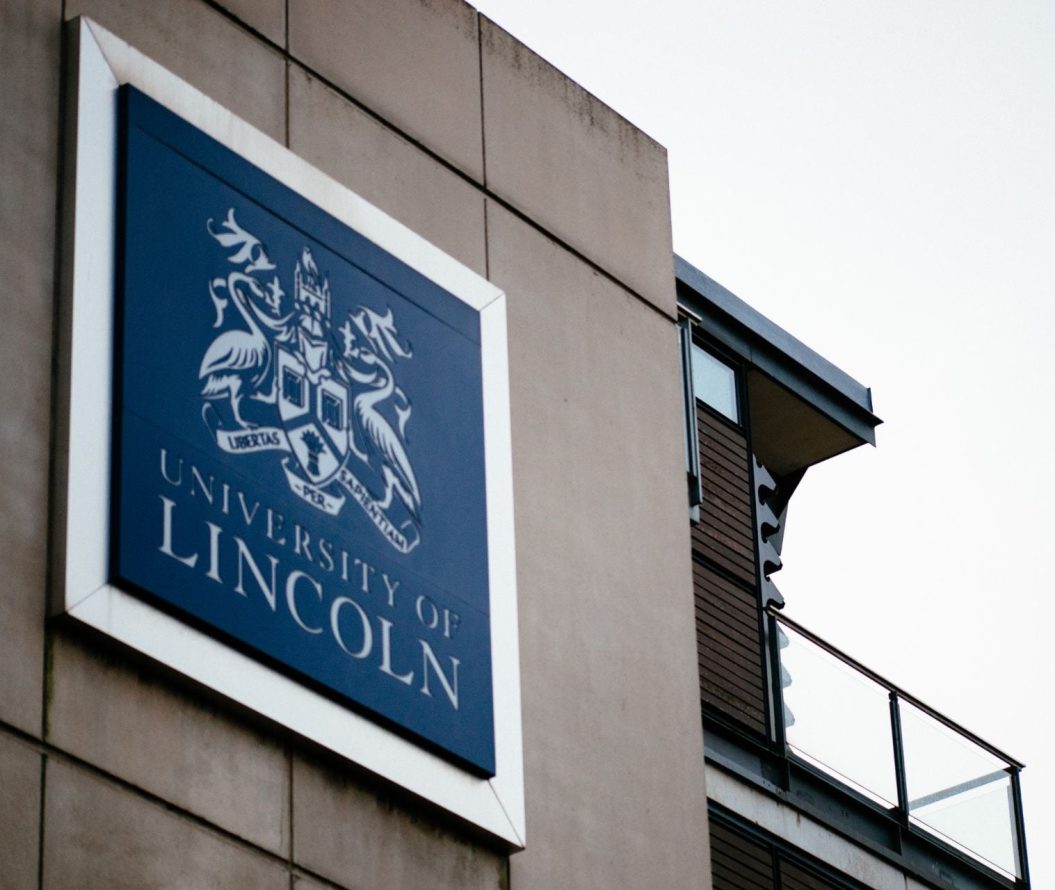I'm a 3rd year Politics and International Relations student from Birmingham. I love training in Brazilian Jiu-Jitsu, running, and flying in a glider near Stratford-Upon-Avon, in Warwickshire. At university I have been learning Arabic outside of class and have an…

Things I’ve learnt, that have got nothing to do with my course
April 30, 2020,
read.
This article is more than 3 years old
University is not all about the subject you are studying – another key aspect is the life lessons that come with university experience. During my three years at the University of Lincoln, I have learnt many important non-academic lessons.
Firstly, and arguably the most important if you plan on continuing your studies after your bachelors, is critical thinking.
Learning to never take something at face value and to constantly question the world around you is a crucial part of developing as an adult, and is a significant advantage when producing your own world view. It is especially important when moving on in academia, and for those subjects with a philosophical or ethical element, this will be very important in critical thinking skills.
Somewhat related to the first point is the second important lesson I learnt: questioning of authority.
Now, this is not the art of going around claiming all authority is evil and never respecting those who have authority over you. Rather it is the act of questioning why those in power have the authority they do. Tony Benn, Labour political statesman, said this: “Ask those in power 5 questions; What power have you got? Where did you get it from? In whose interest do you exercise it? To whom are you accountable? And how can we get rid of you?” This builds on the critical thinking aspect of university learning: never take anything for granted, learn where authority is corrupt and where it is positive.
Living alone provides many challenges for university students and some never fully settle in, whilst others take to it like a fish to water.
I was lucky in as far as I had good flat mates from the get go, but part of the university experience is moving into other friendship groups and putting oneself into uncomfortable situations. I made friends with people on my course, in societies and with the people I lived with – this is all part of becoming an adult. When I joined university, I would never have believed that I would travel to Kuwait to see course mates, or take a trip to Marrakesh with my girlfriend (whom I met at university). This is one of the important lessons that university teaches us, to go out into the world and make memories.
Many courses, along with subject specific lessons, also teach us one of the most important lessons anyone can receive, how to write.
This in itself is a superpower. As Martin Luther said, “If you want to change the world, pick up your pen and write.” Writing is a key element in understanding a concept, as well as crucial in understanding yourself. To write is to manifest your thoughts into a physical form; it is an incredible act of self development. Regardless of whether you continue in academia or not, regularly writing about your thoughts and the thoughts of others will continue to develop your mind and soul.
Learning to speak is another lesson you should pay attention to at university.
However, I do not mean by this that you should learn to speak to a huge crowd; in fact, I feel that university has taught me how to debate, converse and argue far more than teaching me about giving a presentation or lecture. Learning how to articulate your thoughts into prose, as I mentioned, is powerful, but learning how to articulate your words in a discussion is equally so. By conversing, debating and arguing, two individuals learn to rationalise their own thoughts, as well as the thoughts of the other. Now, I must mention a note of caution: to speak and not to listen is the most dangerous thing we can do. We must learn to listen twice as much as we speak, because this is part of being human.
In conclusion, your time at university will teach you many things. You will become a pro at whatever subject you take (hopefully!), but this isn’t all you should pay attention to. Keep an eye on how you change as a person during your three years. For me, I arrived at the University of Lincoln arrogantly believing I knew everything, but I have learnt that the true sign of intelligence is recognising that you don’t know everything. After three years of studying, my advice is this: think critically, be wary of authority, learn to listen and debate, and learn to develop independence.
This article is featured on Learning at Lincoln.
Please note: This content was created prior to Coronavirus, and some things might be different due to current laws and restrictions. Please refer to the University of Lincoln for the latest information.




